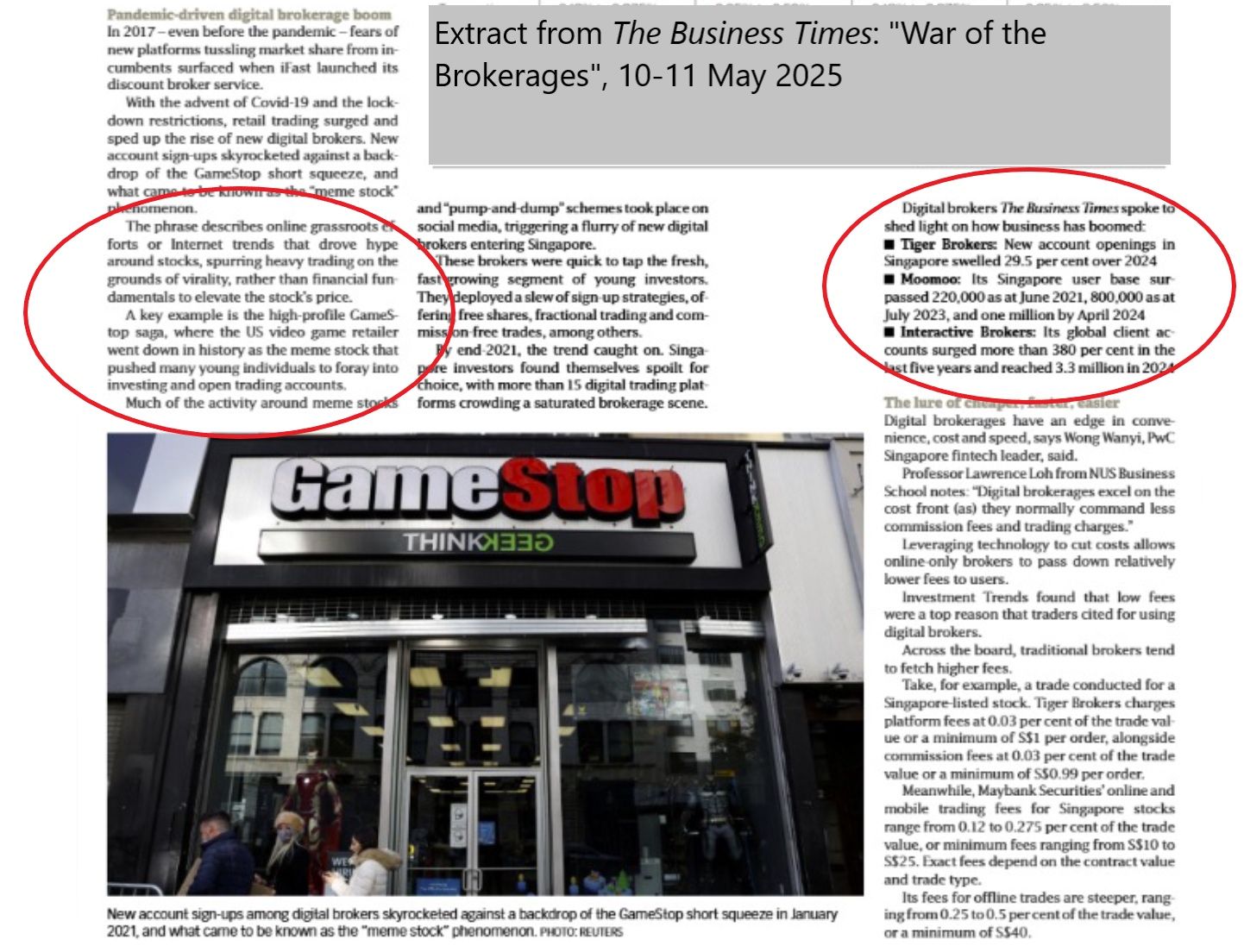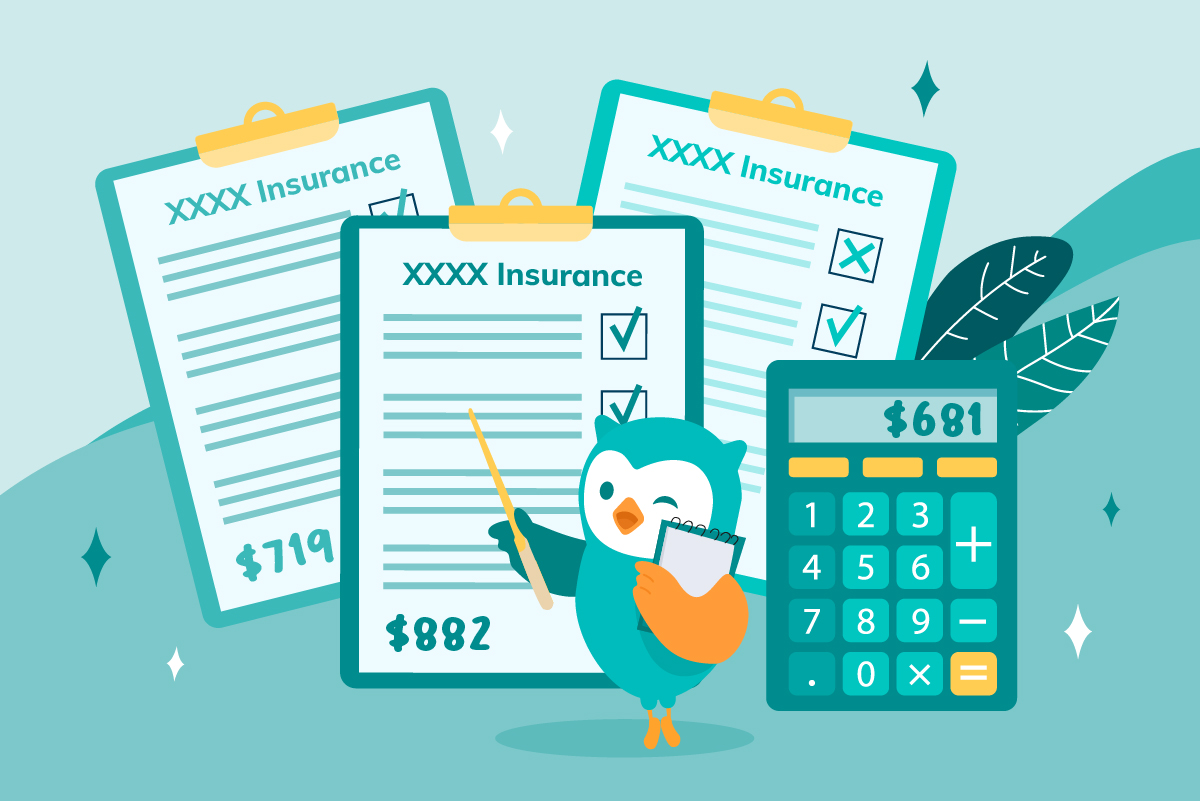Note: It was announced in November 2023 that MoneyOwl will be acquired by Temasek Trust to serve communities under a re-purposed model, and will move away from direct sale of financial products. The article is retained with original information relevant as at the date of the article only, and any mention of products or promotions is retained for reference purposes only.
______________
Poor money management and bad financial decisions can cost you a lifetime of financial woes. Here are six common credit traps and how you can avoid it.
Guest contribution by Credit Bureau Singapore
In this current fast-paced world where purchases can be made as easily with a click of a button or a tap of a card, it can be a challenge to keep track with our spending. When it comes to getting that dream car or putting a down payment on a house, we may find ourselves strapped for cash. This is why most people rely on credit terms to make their big purchases more palatable, either by splitting them into instalments or taking up temporary loans. However, many fail to see the true cost of taking up many credit facilities.
In this article, we’ll look at some common credit traps to avoid and tips to better manage your finances.
Trap 1: Instalment payment plans
It is common for businesses to market their items to appear affordable by offering long-term instalment plans. While it might be tempting to pay for that coveted item through instalments, try not to make impulsive purchase decisions. Learn to take a step back and see the big picture. Yes, with your current income, you may be able to keep up with the instalments but don’t forget about other future expenses that may crop up along the way. You’ll also need to factor in other essential or household expenses as well as any ongoing loans so as to have a clearer view of the costs in a long term view.
Trap 2: Terms and conditions
All of us are guilty of clicking “I Agree” when presented with a lengthy Terms & Conditions list without really reading it through, but it’s important to at least take a moment to run through the contract for any underlying cost or interest-free repayment periods that you should be aware of. This can help you to avoid incurring any potential late fee or interest fees. If you are planning to apply or refinance your housing loan, remember to check the expiry date for your fixed rate lock-in period too. Usually home loans that are already out of the lock-in period will tend to have a spike or surge in interest rates.
Trap 3: Taking cash out of your credit line
Credit facilities such as cash advance and balance transfer gives you the flexibility to take fast cash out of your unused credit line but many people do not know that this comes with an additional fee as well as interest if you do not pay back on time. Applying for such credit facilities or services will also have a detrimental effect on your credit score over time. Be conscientious about monitoring your spending so you will have sufficient savings to pay for any unexpected expenses.
Trap 4: Minimum repayments
Many banks and financial institutions allow consumers to make the minimum repayment in order to avoid the late fee, but it’s not as sweet as it sounds. If you do not make the full payment each month, your outstanding balances will snowball together with daily interest charges, which makes it even more difficult for you to pay your bills in the future. Plus, not making the full payment will also have a detrimental effect on your credit score. If you’re facing difficulties paying for your bills, contact your bank or Credit Council Singapore (CCS) for debt management programmes or advice.
Trap 5: Annual membership fee
Banks or credit card issuers will usually impose an annual membership fee for consumers in exchange for offering the privilege or perks of using their credit cards. Some membership fee is waived for the first or second year and subsequent membership years are chargeable. Most banks or credit card issuers will require the consumer to meet the minimum annual spend in order for the annual membership fee to be waived. To mitigate this, consider cancelling all the credit cards you are under-utilising and stick to those that give you the optimum benefits.
Trap 6: Max out your credit limit
Some banks or credit card issuers allow you to spend beyond your credit limit with an over-limit fee. However, there are repercussions if you have a habit of overspending, especially if you are unable to pay back the full amount in time. Some banks allow you to request for a temporary credit limit increase if you need to make a large purchase. To prevent this, go through your credit card statements and check if you’ve been spending over your budget. Alternatively, you can request for your bank to lower your credit limit so as to prevent you from sinking into more credit debts.
Besides watching out for these pitfalls, it’s also important to cultivate some good habits. First off, take the time to check your credit score. If you have recently applied for a new credit facility with any of CBS members, you can download a free CBS credit report within 30 calendar days from your approval or rejection letter here. It’s vital to ensure a healthy credit score as financial institutions will refer to your credit report in order to determine whether or not to loan you money, and at which price.
Another good habit to cultivate is to monitor your credit card statements from time to time. Go through your transactions to ensure you’re not overspending on certain items, and that your expenses are within budget. You can also request to set a lower daily transactional limit on your card if you wish to stay committed. It is also advisable to set aside any emergency funds to pay back any unexpected bills. A good gauge is to have at least 3 to 6 months of savings to tide you over a cash-strapped period.
If you need help with understanding your personal finances and achieving your financial goals, why not speak to a MoneyOwl adviser? Our Comprehensive Financial Planning service includes a health check of your current financial situation as well as actionable tips on how to improve your cash flow, protect your assets and income, fund your children’s education, grow your wealth, optimise your CPF for your retirement and pass assets efficiently onto your heirs. MoneyOwl’s pool of qualified advisers are all fully salaried, which means they don’t earn on commission. You can rest assured that the advice you get is unbiased, conflict-free and has your best interest at heart.
About the contributor:
Credit Bureau (Singapore) Pte Ltd (CBS) is Singapore’s most comprehensive consumer credit bureau that has full-industry uploads from all retail banks and major financial institutions. It is a joint venture between The Association of Banks in Singapore (ABS) and Infocredit Holdings Pte Ltd. For more information about your credit score, visit www.creditbureau.com.sg




